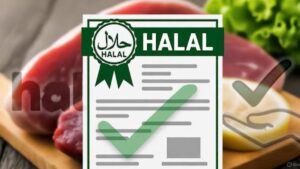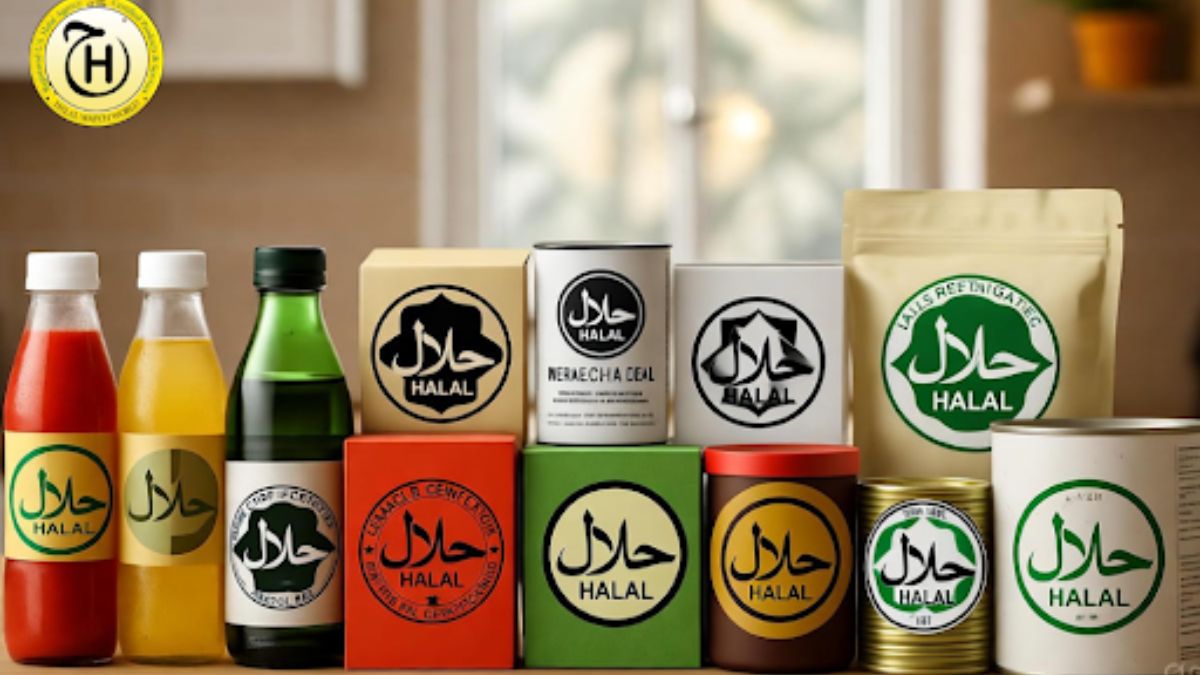The demand for Halal-certified products continues to rise globally, and the United States is no exception. As the Muslim consumer base expands and more individuals—Muslim and non-Muslim alike—seek ethically and transparently sourced goods, the presence of a halal certification Mark on packaging has become a critical trust signal. This symbol is far more than a simple logo; it is a profound assurance that a product adheres to the strict dietary and ethical guidelines of Islamic law, or Shariah. For businesses, achieving this status is a gateway to a large and growing market. For consumers, it provides immediate peace of mind.
The Meaning and Scope of Halal Certification
Halal is an Arabic term meaning “permissible” or “lawful.” In the context of consumables, it denotes products that are fit for consumption or use by Muslims. This compliance is not limited to meat. In fact, comprehensive certification extends to processed foods, beverages, cosmetics, pharmaceuticals, and even packaging materials. A product seeking certification must demonstrate that it is free from non-permissible (Haram) ingredients—such as pork, alcohol, and their derivatives—and has been processed using equipment and procedures free from contamination.
Achieving this compliant status is crucial for businesses aiming to serve the Muslim community. It involves a rigorous, multi-step process that ensures integrity at every point in the supply chain, from sourcing raw materials to the final packaging. This effort culminates in what is known as halal certification in usa, which confirms the product’s lawful status.
The Detailed Process of Halal Certification Services
For companies, pursuing Halal status requires a commitment to stringent religious and operational standards. This involves securing specialized halal certification services from a recognized organization. The process typically begins with a detailed application, where the company submits comprehensive documentation of its product formulas, ingredient suppliers, facility blueprints, and cleaning procedures.
Following the documentation review, a trained Halal auditor conducts an on-site inspection. This audit is vital to verify that the theoretical procedures match the real-world practices. The auditor ensures that:
- Ingredient Integrity: All components, including emulsifiers, flavorings, and enzymes, are sourced from certified Halal suppliers.
- Contamination Control: Strict protocols are in place to prevent cross-contamination between Halal and non-Halal production lines or storage areas. This may require dedicated equipment or thorough, Shariah-compliant cleaning procedures.
- Slaughtering Methods (for meat/poultry): If applicable, the methods must adhere to Zabihah standards, including the humane treatment of the animal, the use of a sharp blade, and the invocation of God’s name at the time of slaughter. This specific compliance is often subject to nuanced interpretations between different certification groups.
Once the facility and products pass the inspection, the certification body issues an official certificate and grants the company permission to use its official Halal seal. This approval for usa halal certification is generally valid for a set period, often one year, and requires ongoing monitoring and annual renewal audits to ensure sustained compliance.
A Decentralized System: Finding a Halal Certifying Body
Unlike some Muslim-majority nations that have a single, government-backed authority, the United States relies on a number of independent, private organizations. This decentralized nature means that businesses must carefully select a halal certifying body whose standards and accreditation align with their target consumer base—both domestically and in export markets.
Prominent organizations in the US include the Islamic Food and Nutrition Council of America (IFANCA), Islamic Services of America (ISA), Halal Transactions of Omaha (HTO), and the Halal Watch World (HWW). Each organization has its own specific standards, particularly concerning complex issues such as the use of stunning in animal slaughter, which can lead to consumer preference for one certification group over another. A business seeking an internationally recognized certification, for example, for export purposes, must ensure their chosen Halal Certification Agency holds accreditations from major overseas governmental bodies, such as Indonesia’s BPJPH or Malaysia’s JAKIM.

Building Trust with the Consumer Base
The ultimate value of the Halal Mark is consumer trust. For the large and diverse Muslim community in the United States, seeing a recognized seal on a product immediately resolves any doubt about its permissibility. This assurance helps businesses build strong loyalty with a dedicated segment of the population. Furthermore, ethical consumption trends extend beyond the Muslim community. Many non-Muslim consumers are also drawn to Halal-certified goods because the certification process emphasizes higher standards of animal welfare, hygiene, and traceability. The rigorous audit and oversight process involved in obtaining halal certification usa often means the certified products adhere to some of the highest quality standards available. Businesses that successfully complete this journey gain a competitive edge by appealing to both the ethical consumer and the faith-based buyer. The continuous monitoring required for continued approval under a us halal certification program guarantees that compliance is maintained over the long term, cementing a reputation for integrity.
Deepening Your Knowledge: A Full Overview
For consumers and businesses alike, having a foundational grasp of Halal principles is invaluable. If you are seeking a complete primer on the definitions, religious origins, and global standards that shape this industry, a dedicated resource can provide the context necessary for informed decisions. For a more detailed look at the core principles and processes, read everything you need to know about halal certification. Furthermore, consumers looking to verify a company’s Halal status can turn to external resources. For instance, Halal Watch World provides essential information to help individuals recognize the credentials of various Halal Certification Agency logos and ensure they are making informed purchasing choices.
The Halal Certification Conclusion
As the Halal market in the USA continues its impressive growth trajectory, transparency and education remain paramount. The certification process is a vital bridge between producers and consumers, making the Halal Mark a clear, unmistakable beacon of quality, ethics, and religious compliance.

